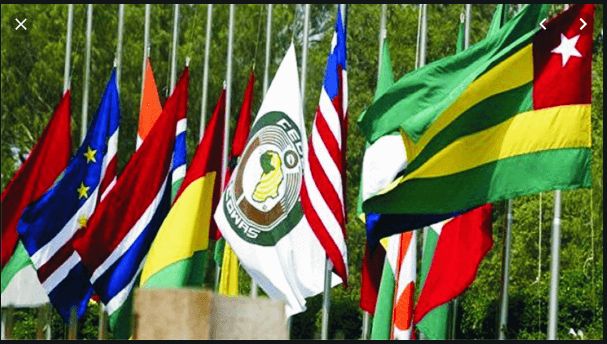MTN’s BankTech platform disbursed $592 million in loans during the first quarter of 2025, setting a new record for the telecom operator’s digital lending business since its launch in August 2023.

MTN
The figures, released in MTN Group’s financial reports, highlight the accelerating adoption of mobile-based credit solutions across Africa.
The strong performance reflects growing demand for accessible financial services in markets where traditional banking penetration remains low.
BankTech operates as MTN’s banking-as-a-service platform, providing application programming interfaces that enable third-party fintech firms and businesses to integrate lending, savings and insurance products into their ecosystems.
Ghana, Uganda and Cameroon emerged as key growth markets, driving much of the platform’s expansion.
The Q1 results continue a consistent upward trajectory, building on disbursements of $371.7 million in the first quarter of 2024, followed by $359.9 million, $461.5 million and $546.8 million in subsequent quarters last year.
MTN’s move into digital lending follows earlier innovations by regional telecom operators including Safaricom’s M-Shwari in Kenya and Airtel Money Loans across East Africa.
These mobile-based services have collectively created a $247 million consumer lending marketplace, addressing portions of Africa’s estimated $782 billion credit gap.
The increasing loan volumes suggest shifting consumer attitudes toward telecom-driven financial solutions, which many now view as viable alternatives to conventional banking services.
This trend underscores the transformative role mobile networks are playing in financial inclusion across the continent.
As digital lending platforms gain traction, regulators face the dual challenge of fostering innovation while implementing safeguards for consumers.
The growth of services like BankTech indicates telecom companies will likely remain central to Africa’s financial services evolution, particularly for underserved populations and small businesses needing access to credit.
The platform’s expansion comes amid broader efforts to bridge Africa’s credit gap through technology-driven solutions. With mobile money adoption continuing to rise across the continent, digital lending services appear poised for further growth as they demonstrate their ability to reach customers traditionally excluded from formal financial systems.



















